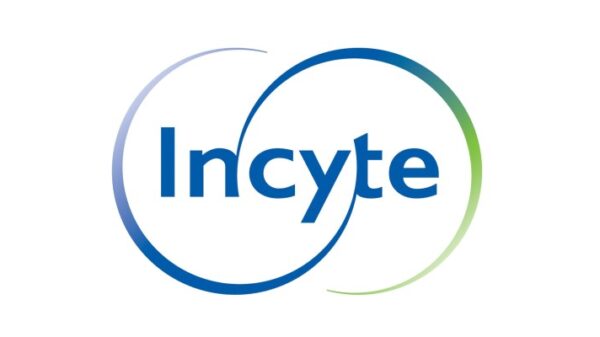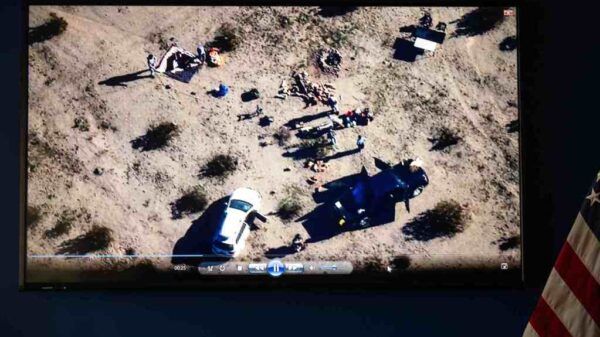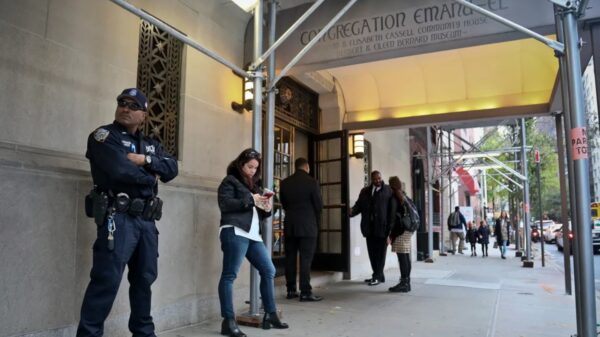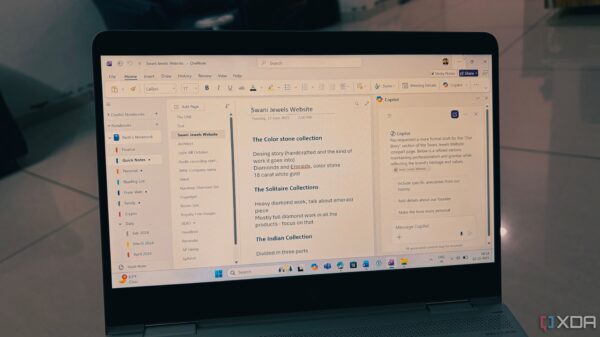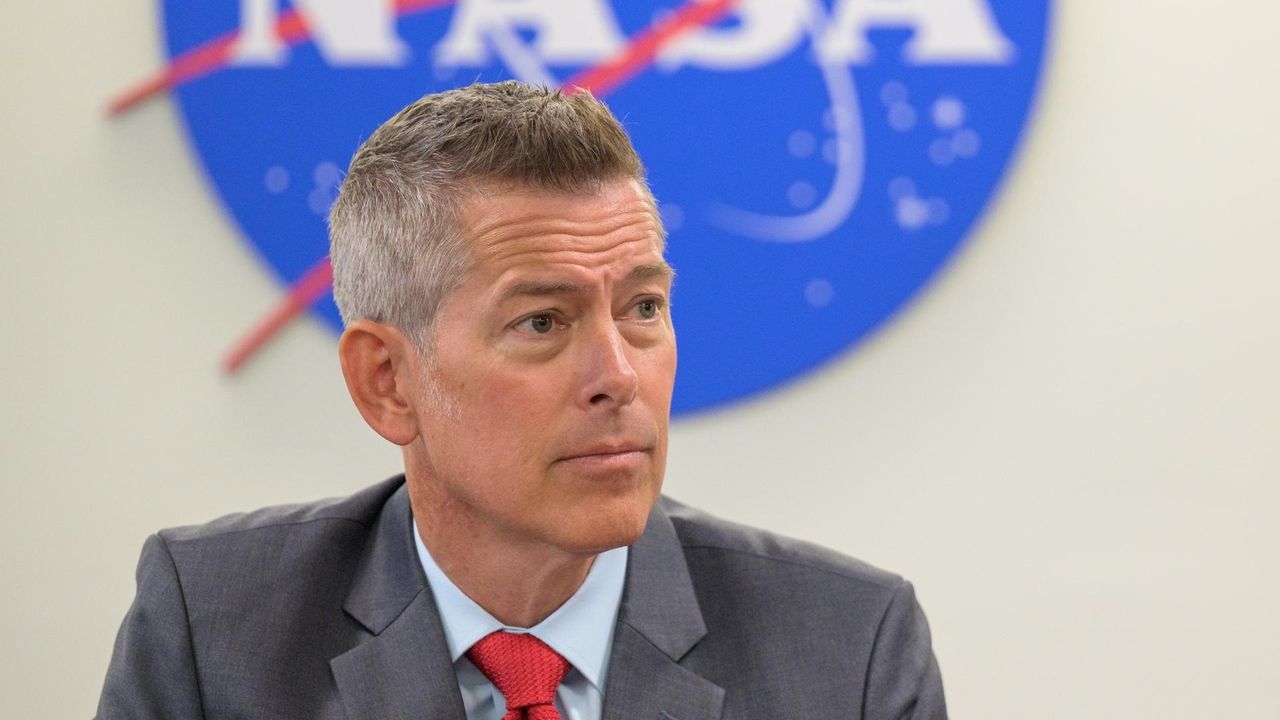NASA’s acting administrator, Sean Duffy, has firmly asserted that the United States will not cede its position in lunar exploration to China. Speaking during an internal town hall meeting last week, Duffy addressed concerns that China may achieve a manned lunar landing at the south pole before the United States can return astronauts to the moon. His comments came a day after a Senate Commerce Committee hearing raised alarms about China’s advancing space program.
“I’ll be damned if that is the story that we write,” Duffy declared. “We are going to beat the Chinese to the moon. We are going to do it safely. We’re going to do it fast. We’re going to do it right.” His remarks were a direct rebuttal to testimony from the September 3 hearing, titled “There’s a Bad Moon on the Rise,” where former NASA Administrator Jim Bridenstine warned that China’s lunar ambitions could soon outpace those of the U.S.
The Artemis program, NASA’s flagship initiative aimed at returning humans to the moon, is designed to establish a sustainable presence as a foundation for future missions to Mars. Artemis 2, the program’s first crewed test flight, is set to carry astronauts including Reid Wiseman, Christina Koch, and Victor Glover, along with Jeremy Hansen from the Canadian Space Agency, on a lunar flyby. This mission is scheduled to launch no earlier than February 2026.
Duffy underscored the urgency of the Artemis program, which relies on the Space Launch System (SLS) rocket. As the SLS nears completion in the Kennedy Space Center’s Vehicle Assembly Building, the timeline for Artemis 3, the first mission intended to land astronauts on the lunar surface, is tentatively set for 2027. However, uncertainty surrounds this target date, particularly given the complex nature of space missions and potential budgetary constraints.
The Senate hearing highlighted concerns about budget cuts and project delays that could allow China to claim a historic victory in lunar exploration. Bridenstine emphasized the potential consequences if China were to arrive first, warning of significant geopolitical impacts. “If they get there first, we will see a global realignment that will affect our economy and national security,” stated Mike Gold, former acting associate administrator for NASA’s Office of International and Interagency Relations.
Despite these challenges, Duffy expressed confidence in NASA’s abilities and the support from the Trump administration for the Artemis program. He acknowledged the budget pressures the agency faces but reaffirmed that funding for space exploration, particularly Artemis, remains a priority. While the Trump administration’s fiscal year 2026 budget proposed a historic cut of 24% to NASA’s overall budget, with significant reductions to science programs, Congress has since restored some of these cuts in discussions that have yet to be finalized.
Duffy linked the Artemis program to broader national ambitions, emphasizing a commitment to exploration. However, he acknowledged the historical implications of invoking the phrase “manifest destiny,” which carries connotations of conquest and has drawn criticism in the past.
During the town hall, Duffy was joined by Amit Kshatriya, NASA’s newly appointed Associate Administrator. Kshatriya stressed the importance of public service and accountability within the agency. He urged staff to maintain focus on missions that support Artemis and Mars exploration, indicating that any project not aligned with these goals should be reconsidered.
Kshatriya also highlighted the need for a shift in NASA’s internal culture from analysis to action, stating, “We want you to have the black pen, not the red pen. That’s what this agency does. We build things. We make things.”
Duffy echoed this sentiment, calling for decisive action and acknowledging the pressure the agency is under. “We have burned time, and that means now we are under pressure,” he said. He reassured employees that NASA requires their full commitment to meet the challenges ahead. “We need all of you. We need this team, this intelligence, this drive,” he emphasized.
In light of layoffs resulting from the Trump administration’s “deferred resignation program,” which is projected to reduce NASA’s workforce by nearly 4,000 employees, Duffy reassured the agency that, while overall budgets are tight, there is sufficient funding to continue the Artemis mission. He stated, “If we don’t, I’ll ask for more,” indicating a proactive approach to securing necessary resources.
As NASA continues its preparations for the Artemis missions, the stakes are high in this new era of lunar exploration. Duffy’s resolute stance reflects the agency’s commitment to maintaining leadership in space and ensuring that the narrative of lunar exploration is one of American triumph rather than loss. “We are not going to let this storied history of NASA be written that we lost the second space race,” he concluded.









